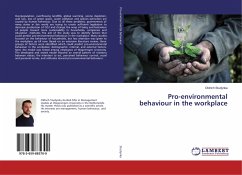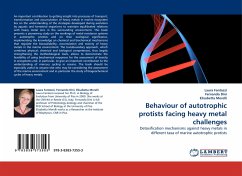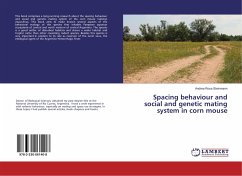
Pro-environmental behaviour in the workplace
Versandkostenfrei!
Versandfertig in 6-10 Tagen
33,99 €
inkl. MwSt.

PAYBACK Punkte
17 °P sammeln!
Overpopulation, overflowing landfills, global warming, ozone depletion, acid rain, loss of green space, water pollution and species extinction are caused by human behaviour. Due to all these problems, governments of many states in the world are trying to create sufficient legislation to decrease production of CO2 and change the ways of living and behaviour of people toward more sustainability in households, companies and education institutes. The aim of the study was to identify factors that could predict pro-environmental behaviour in the workplace. Many studies focused on the behaviour of ho...
Overpopulation, overflowing landfills, global warming, ozone depletion, acid rain, loss of green space, water pollution and species extinction are caused by human behaviour. Due to all these problems, governments of many states in the world are trying to create sufficient legislation to decrease production of CO2 and change the ways of living and behaviour of people toward more sustainability in households, companies and education institutes. The aim of the study was to identify factors that could predict pro-environmental behaviour in the workplace. Many studies focused on the behaviour of households, but less attention was given to the workplace up till now. Based on an extensive literature review, three groups of factors were identified which could predict pro-environmental behaviour in the workplace: demographic, internal, and external factors. Next, the model was tested among employees of Wageningen University. The developed and tested model showed an overall pattern of relations between values, the intention to act, perceived behaviour control, social and personal norms, and attitudes toward pro-environmental behaviour.












